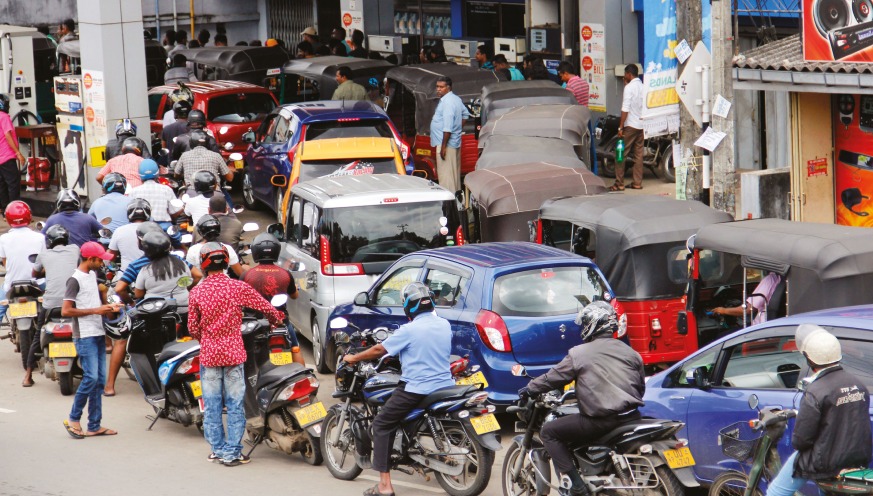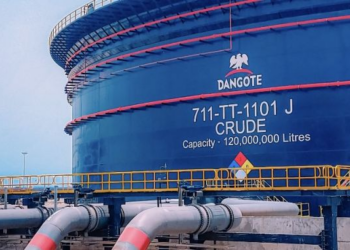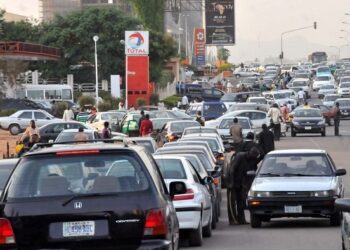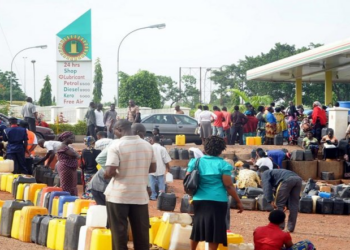The government of Sri Lanka has announced an emergency $35 million for the shipment of 40,000 tonnes of diesel to avert a looming fuel scarcity crisis, which is caused by higher oil prices and falling forex reserves.
This was disclosed by its Energy Minister, Udaya Gammanpila in an interview with Reuters.
He warned that Sri Lanka is heading for a serious fuel shortage because it does not have adequate foreign exchange to pay for fuel imports, which adds the country to the list of nations in the global South, including Nigeria, which are currently battling fuel scarcity issues due to bottlenecks related to import and higher crude prices.
The Nigerian National Petroleum Corporation withdrew adulterated fuel from the market, which affected supply across some states and caused the price of petroleum products to rise significantly, especially in Lagos and Abuja.
The higher crude oil prices have also affected consumers of the automotive gas oil popularly known as diesel as the average cost paid by consumers for a litre recorded a significant increase of 28.12% from N224.9 per litre recorded in January 2021 to N288.1 in January 2022.
“We are heading for a serious fuel shortage because we do not have adequate foreign exchange to pay for fuel imports,” the Sri Lankan Energy minister said.
In an effort to prepare for the crisis, state-run energy corporation, Ceylon Petroleum Corporation (CPC) also started to ration distribution by issuing just about half of what is typically released to pumping stations.
Last week, Nigeria’s state-owned oil giant was reportedly asking for a supply of about 500,000 tonnes of petrol from oil trading firms, to plug in gaps caused by fuel withdrawals, and revealed it has placed significant orders of over 2.1 billion litres of methanol-free PMS to ensure the queues vanishes from the filling stations.
Sri Lanka spends $450 million each month on fuel imports and has seen its reserves fall to $2.36 billion as of January ending.





















